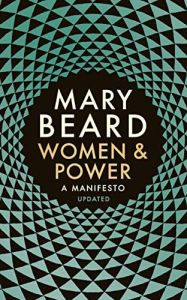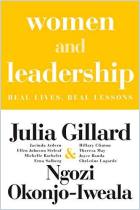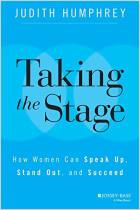Acesse a sua conta getAbstract para obter o resumo!

Acesse a sua conta getAbstract para obter o resumo!
Mary Beard
Women & Power
A Manifesto
Profile Books, 2018
Sobre o que é?
Classics scholar Mary Beard connects the silencing of powerful women in antiquity to today’s misogyny.
Recommendation
Classics scholar and Cambridge professor Mary Beard explains that the misogyny women face today – from anonymous social media threats of violence to subtle acts of exclusion from systems of power – trace back to classical antiquity. Writing in an academic, yet lively and accessible style, she details how society constructed power to exclude women. Beard’s rousing survey of history urges readers to re-imagine what power could look like today.
Summary
About the Author
Mary Beard, the classics editor of The Times Literary Supplement, is a classics professor at the University of Cambridge, an ancient literature professor at the Royal Academy of Arts, and a Newnham College fellow.

















Comment on this summary